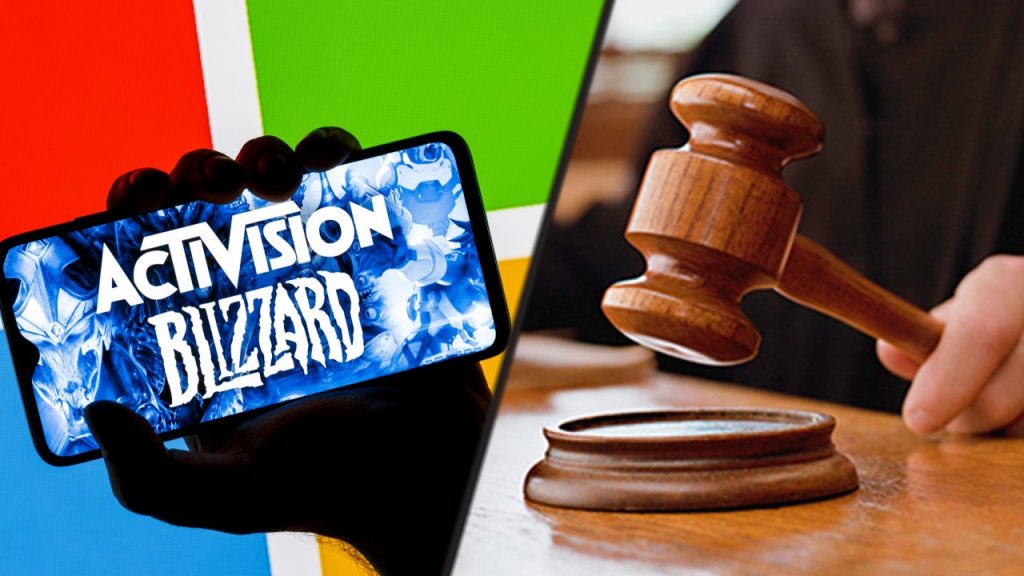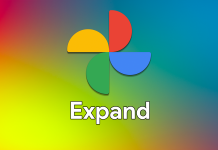The primary avenues for installing games and applications on Android and iOS devices are the Google Play Store and the Apple App Store. While Apple currently dominates within its ecosystem, the situation is different for Google. Android’s open platform has allowed competing stores to challenge the Play Store for quite some time. Notably, Activision Blizzard, the developer of popular games like Call of Duty, nearly became one of these competitors.
Activision Blizzard’s Interest in Competing with Google Play Store
Before diving into the details, let’s address a fundamental question: Why would companies like Activision Blizzard want to compete with the Play Store and App Store when uploading an app to these stores seems like a simpler process? The answer typically boils down to one thing: money.

Both Google and Apple take a commission from the revenue generated by every game uploaded to their respective app stores. So, if you make a purchase within a game like Call of Duty Mobile, Activision Blizzard has to pay a portion of that money to the store owner. This commission usually ranges from 5% to 30%. It appears that Activision grew weary of this arrangement and explored the idea of competing with Google in 2019 by creating its own store.
The company initiated a project codenamed “Boston.” The plan involved featuring games like Candy Crush, Call of Duty Mobile, and Diablo Immortal on this platform and removing them from the Play Store. However, these plans never materialized, primarily due to the variable nature of store commissions.
For developers relying solely on this income, paying the requested amount to Google is non-negotiable. Yet, for a gaming giant like Activision Blizzard, negotiations could lead to a special deal. This would enable them to reduce the commission to a level that is acceptable or potentially eliminate it altogether. Google seems determined to maintain its dominance through such strategic maneuvers.
In the case of Apple, currently unrivaled in its position, there are expectations that it will open iOS to new app stores with the iOS 17.2 update, following European Union laws. When this occurs, the company is anticipated to adopt strategies similar to its competitor.
RELATED:
- Download the best GCam APK for Samsung Galaxy S23 Ultra
- Get $100 Discount on Alldocube iWork GT 12 at Geekwills (Coupon)
- Get the latest Xiaomi 14 smartphone for $599 at Geekwills
- Get $100 OFF on Lenovo Legion Y700 2023 Gamin Tablet at Giztop
(via)





